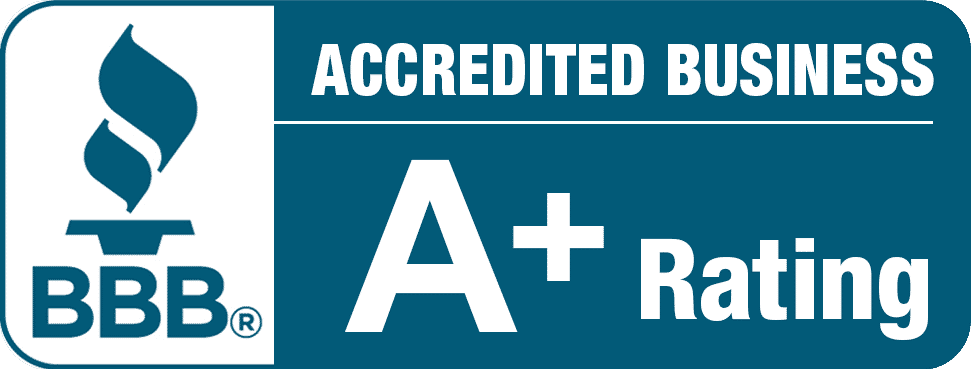Summer heat brings summer bills. However, homeowners have found a way to save on electricity.
Here, we will tell you what vents to close in the summer to save you money. We will also advise whether or not closing vents may be a good option for you. In some homes, the process can be as simple as selectively cooling the rooms you occupy most and closing the vents in the rooms you don’t use as often.
We believe an informed homeowner is a happier homeowner. After all, a crucial part of getting Evansville HVAC service by Rock Valley Services is learning how to maximize your system. Call us at 608-496-9993 for any further questions regarding your Wisconsin HVAC system.
The Two Kinds of HVAC Vents
There are two kinds of vents: supply vents and return vents. A supply vent supplies the air to each room while the return vents suck out the air. This process ventilates the home and keeps circulating a fresh supply of air.
Though they both look similar, an easy test can determine which kind of vent you are working around. If you have a piece of paper or a feather, turn on your air conditioner and hold it to the vent. If the object sucks inwards toward the vent, it is a return vent. Alternatively, if it pushes out and away from the vent, you are looking at a supply vent.
As we discuss which vents to close in summer, we will mainly refer to closing supply vents. You would close supply vents because it takes more energy to introduce air into a room than remove it. Most vents near the top of each room are return vents, a fact that is relevant for heat and airflow. Also, note that you should open a return vent when you shut a supply vent to keep air flowing in your home.
The Reasons to Close Vents in Summer
People deciding which vents to close in the summer are trying to take advantage of science. Warm air rises while cool air stays low. Therefore, the warm air in your house rises to the upper levels or rooms. This rising air is also why return vents are typically at the top wall of each room, sucking out warm air.
Because the warm air rises, rooms higher in your home become hotter and require more ventilation. Meanwhile, the rooms lower in your home, such as a basement, do not require the same ventilation.
The HVAC system supplies and removes air in the warmest rooms when you close the supply vents in lower rooms and open the return vents in upper ones. This process works whether you have an air conditioning system, a heat pump, or otherwise.
The Risks of Closing Your Vents
Try to keep in mind that not every home is best for closing vents during summertime. It may not be best to close supply vents if:
- You do not have a basement
- Your supply vents are smaller
- You only have one return vent
- You have an older HVAC system
No Basement
Warm air interacts with cool air and can condense into moisture, potentially producing mold on your walls and furniture. A basement tends to have less activity than the first floor of a home and may have cooler air. Because of this, there is a smaller chance for moisture buildup if you close supply vents in a basement.
The first level of your home, or the only level if you have a one-story house, heats much easier. Moisture buildup accumulates much more frequently, potentially leading to expensive repairs and furniture replacements.
Smaller Supply Vents
The air not sent through your supply vents does not redirect to other rooms. Think about it as though you are breathing while jogging but closing one of your nostrils. While you have a more focused airflow, it increases the strain on your nasal passages.
For smaller supply vents, you risk creating too much pressure within them, which can damage your HVAC system. You may also end up with stagnant air not circulated within the house. The air may cause increased allergy responses or other respiratory distress. This risk is lesser for homes with larger or more supply vents, though you would still have to be watchful.
One Return Vent
If you close a supply vent, you should open a return vent to keep air flowing properly and reduce the chance of moisture and dust buildup. However, some older or smaller houses may have a single return vent for the entire property. This single return vent is responsible for all outward airflow.
If you close supply vents in such a case, you reduce the airflow significantly. The reduced airflow can lead to vent damage, increased pollen, and dust due to ineffective air filters. Increasing the power to the HVAC system will not improve this circumstance and may cause further damage.
Older HVAC Systems
While many systems can last up to 15 years with proper maintenance, they require more in-depth attention as the parts wear down. They are less able to adapt to ventilation differences and airflow changes. Older HVAC systems also tend to strain electricity capacities and circuit boards.
Closing vents in an older HVAC system could negate the benefits you receive from closing these vents in the first place. When you close vents, you may be forcing your system to work harder. Electricity use jumps and may cause your circuit breaker to activate constantly. Increased electricity processing damages the system and inflates your electric bill as the airflow changes.
Signs Your Vents May Have Been Closed Too Long
Now that you know which vents to close in the summer and the risks that may arise, you need to remain watchful if you still decide to try this method. Your system is not likely to break down without warning, so keep an eye out for these potential signs of HVAC damage:
- Musty or bad smell from clogged air filters
- Puddles in the vents, system, or home from leaky HVAC units
- Stagnant air from improper airflow
- Reduced airflow from obstructed vents
- Increased electricity bills from constantly running units
The best way to ensure these problems do not arise is by thoroughly checking your HVAC system and vents. Ensure that your air vents are clean and clear, as replacing them once broken can be very expensive. Also, check your air filters and the surrounding hardware, cleaning them by removing debris around the HVAC unit or replacing your air filters.
Call Rock Valley Services for HVAC Care
Perhaps the solution to your energy efficiency problem isn’t as simple as closing and opening vents. While you should know the tips to save more energy this summer, you should also call for help when you suspect your HVAC system is not working as it should. A well-tended HVAC system contributes to a healthier environment and happier home living.
Rock Valley Services cares for Wisconsin residents and their homes to ensure everyone stays comfortable. Call us at 608-496-9993 or use the online contact form to set up your appointment for a free quote.



